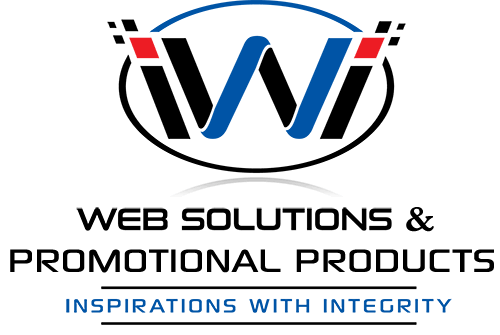Regardless of how much you have already learned about writing, it is our opinion that writing skills can always continue to evolve and improve. So, we hope to help transform your professional writing habits and guide you in a successful endeavor to make your writing skills that much better and you that much more successful. Here are a few things to remember that will help you write and communicate more professionally, whether you are writing to your boss, your colleagues, or your potential consumer audience.
Know your audience. Before you even begin formulating writing plans, figure out who it is that you are going to be writing to or communicating with. That is, make sure that you are using your time effectively by speaking only to your target audience so that your words aren’t falling on deaf ears. Ask yourself, what are your audience’s potential likes, dislikes, or biases? What is their likely demographics? What are their needs? Do they need something from you, or do you need something from them?
Write only what is necessary. There is a difference between writing academically and writing in a business environment. For example, you could have been at the top of your class for your writing skills but communicate very poorly with your colleagues. You can see how different the two writing styles look if you were to merely read an essay and then examine the layout and content of a resume. With an article, there is usually a surplus of descriptive or “filler” words and information, while a resume usually contains more straightforward factual statements.
Additionally, if you aren’t writing to any single person in your business communications, then you must attempt to write from a multi-perspective standpoint. The difference is that while you know your academic audience (usually your professor), your business audience might be more of a mystery to you. Moreover, with academic writing, there is a tendency to write a lot more information than is necessary and that being an acceptable practice. In business communications, however, the reader is usually pressed for time and does not have time to read any extra information that is not pertinent to them. In short, provide your recipient with need-to-know information and nothing more.
Be clear and concise. Some people may think that if they write even more than they need to, then they will save time in the long-run from having to continue answering questions that could have already been addressed initially. However, the problem in over-clarifying lies in the chance that you may lose the attention of your receiver before you even get your intended message across. So, if you are someone who battles with answering a lot of questions about what you have written, you will save a lot of time by writing more effectively by providing clarification in fewer words. Some good practices to ensure effective communication would be to read your writing aloud to yourself to make sure that you convey only relevant information, as well as, ensure that what you wrote sounds good (as if spoken in a conversation). Another tip would be to read what you wrote to someone who does not know the subject at hand, to make sure that they can follow, comprehend, and even learn from your message.
Adopt the “you” attitude. If you fail to adopt the “you” attitude writing approach, you are going to lose the attention of the individual reading your document. Just as in a casual conversation, are you honestly going to care about what someone is saying if all they are doing is talking about themselves? We don’t think so! You want someone to ask you about YOUR interests, or at least start a conversation about a mutual interest in business writing, that is what has to be taken into consideration to captivate the reader. Ask yourself, what does the READER want to hear about? What will THEY get out of spending the time to read your email? Remember, what is essential to you might not necessarily be relevant to your reader. You should treat your business communications as if you want to start a personal relationship with the reader. You don’t want to fill your conversation with “filler” talk or “fluff,” and you also don’t want to say anything that isn’t factual or is misleading. Your audience wants to be cared about, respected, and understood. To fulfill their needs, you must put yourself in the reader’s position and ask what information would you like included if you were the reader. You hear the saying, “It’s not always about YOU,” but isn’t it?
Decode the message you’re sending. You must not only be aware of the message you are carrying but also about how it is going to be received. As a writer and thus, a speaker, you must familiarize yourself with the cultural diversity of your audience. To understand and respect your readers, you must educate yourself about the culture you are appealing to and how your message will be received from their perspective. Question yourself on whether or not any of the words you are using may mean something different in their primary language, or even if shaking with a particular hand is considered a sign of disrespect in their homeland. If you do not learn about the language and customs of your audience’s cultures, you run the risk of offending and doing significant damage to your relationship with your reader. The efforts you put into learning everything you can about different cultures, speaking clearly, listening effectively, and so on are skills that can positively transform the way you communicate. Diversity can create a team unmatched in a competitive business environment, and you are sure to encounter variety wherever you plan to work. Therefore, it is essential to educate yourself on as many different cultures as possible so that you don’t end up looking stupid, speaking “Spanglish.” If you don’t have a specific audience, write with a sense of multiculturalism and then analyze what you have written and determined whether or not it can be interpreted any other way than what you intend.
We cannot stress how important it is to master successful communication, so we hope you are now eager and interested in learning more techniques on how to write and communicate professionally.
Do you have another essential concept for writing more professionally?

